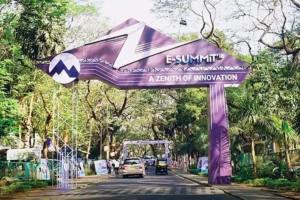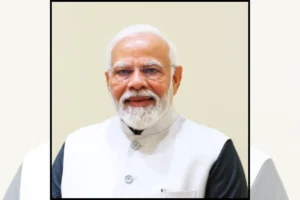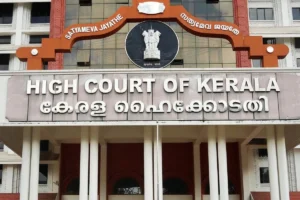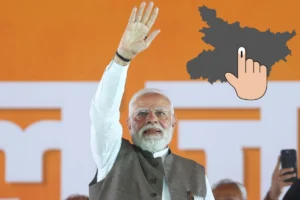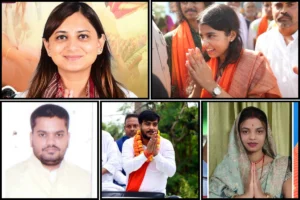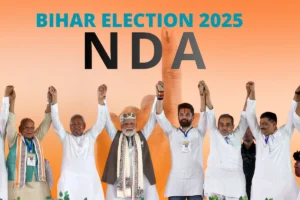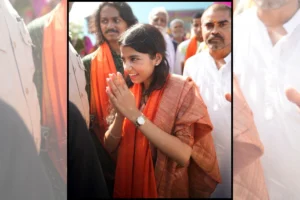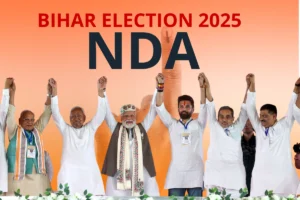
According to Prime Minister (PM) Narendra Modi, India accomplished great things while serving as the G20 president by reviving multilateralism, amplifying the voice of the Global South, promoting development, and fighting for the emancipation of women everywhere.
Brazil is scheduled to assume the presidency on December 1. Prime Minister Modi outlined the history of the elite group under Indian rule and expressed confidence that his nation will hand over the reins with the knowledge that the collective efforts we have made for the planet, people, peace, and prosperity will have a lasting impact.
Opinions from PM Modi on G20
In a Thursday opinion piece that was published in multiple newspapers, Prime Minister Modi stated that India’s strategy was “inclusive, ambitious, action-oriented, and decisive” and that the New Delhi Leaders’ Declaration (NDLD), which was accepted by all G20 members without dissent, was proof of our dedication to implementing these values.
Noting that it has been 365 days since India assumed the Chair, he stated that, at the time, multilateralism was waning and the world was facing a number of complex challenges, including recovering from the COVID-19 pandemic, impending climate threats, financial instability, and debt distress in developing countries.
“It is a moment to reflect, recommit, and rejuvenate the spirit of Vasudhaiva Kutumbakam — ‘One Earth, One Family, One Future’,” he said on the event of India passing the baton to Brazil.
Rivalry from within nation appeared as hurdle
He recalled the period when India assumed power last year and claimed that rivalry and strife hindered development cooperation, which prevented advancement.
“Assuming the G20 chair, India sought to offer the world an alternative to the status quo, a shift from a GDP-centric to human-centric progress. India aimed to remind the world of what unites us, rather than what divides us,” he said.
Ultimately, he continued, the discourse on a global scale needed to change and the goals of the many needed to take precedence over the interests of a select few. According to him, this called for a comprehensive overhaul of multilateralism.
Also Read: Telengana assembly election: 20.64% voter turnout recorded till 11 am
PM Modi expressed turning point of global summit – G20
‘Voice of the Global South Summit’, an unprecedented event that India organized twice, marked a turning point for multilateralism, according to Modi. He claimed that India brought the concerns of the Global South into the mainstream of international affairs and brought in a new era in which developing nations assume their rightful role in directing global affairs.
According to him, India’s domestic G20 approach was likewise characterized by inclusivity, making it a “People’s Presidency” worthy of the biggest democracy in the world.
India presented the G20 2023 Action Plan to Accelerate Progress on the Sustainable Development Goals (SDGs) at the pivotal midpoint of the 2030 agenda, he said. The plan takes a cross-cutting, action-oriented approach to interconnected issues, such as health, education, gender equality, and environmental sustainability.
Digital Public Infrastructure of India
The strong Digital Public Infrastructure (DPI) is a major factor advancing this development, PM Modi continued. He said, “Through the G20, we successfully completed the Digital Public Infrastructure Repository, a significant stride in global technological collaboration. This repository, featuring over 50 DPIs from 16 countries, will help the Global South build, adopt, and scale DPI to unlock the power of inclusive growth.” For our One Earth, India introduced ambitious and inclusive aims to create urgent, lasting, and equitable change, he said.
He noted that the leaders’ declaration highlights our dedication to climate justice and equity and calls for significant financial and technological support from the Global North. He also noted that, for the first time, the scale of development financing needed to increase from billions to trillions of dollars has been acknowledged.
Multilateral Development Banks required for global development
According to him, the G20 recognized that developing nations would need to spend USD 5.9 trillion in order to fulfill their NDCs by 2030. He pointed out that the G20 highlighted the significance of better, larger, and more effective Multilateral Development Banks given the enormous resources necessary.
“Concurrently, India is taking a leading role in UN reforms, especially in the restructuring of principal organs like the UN Security Council, that will ensure a more equitable global order,” the prime minister said.
According to him, gender equality became the main focus and would result in the creation of a special Working Group on the Empowerment of Women the following year.
“India’s Women’s Reservation Bill 2023, reserving one-third of India’s Parliament and state legislative assembly seats for women, epitomises our commitment to women-led development,” he said.
He stated that India led discussions on geopolitical concerns and their effects on development and economic growth during its G20 chairmanship.
“Terrorism and the senseless killing of civilians are unacceptable, and we must address them with a policy of zero tolerance. We must embody humanitarianism over hostility and reiterate that this is not an era of war,” he said.
To read more such news, download Bharat Express news apps








